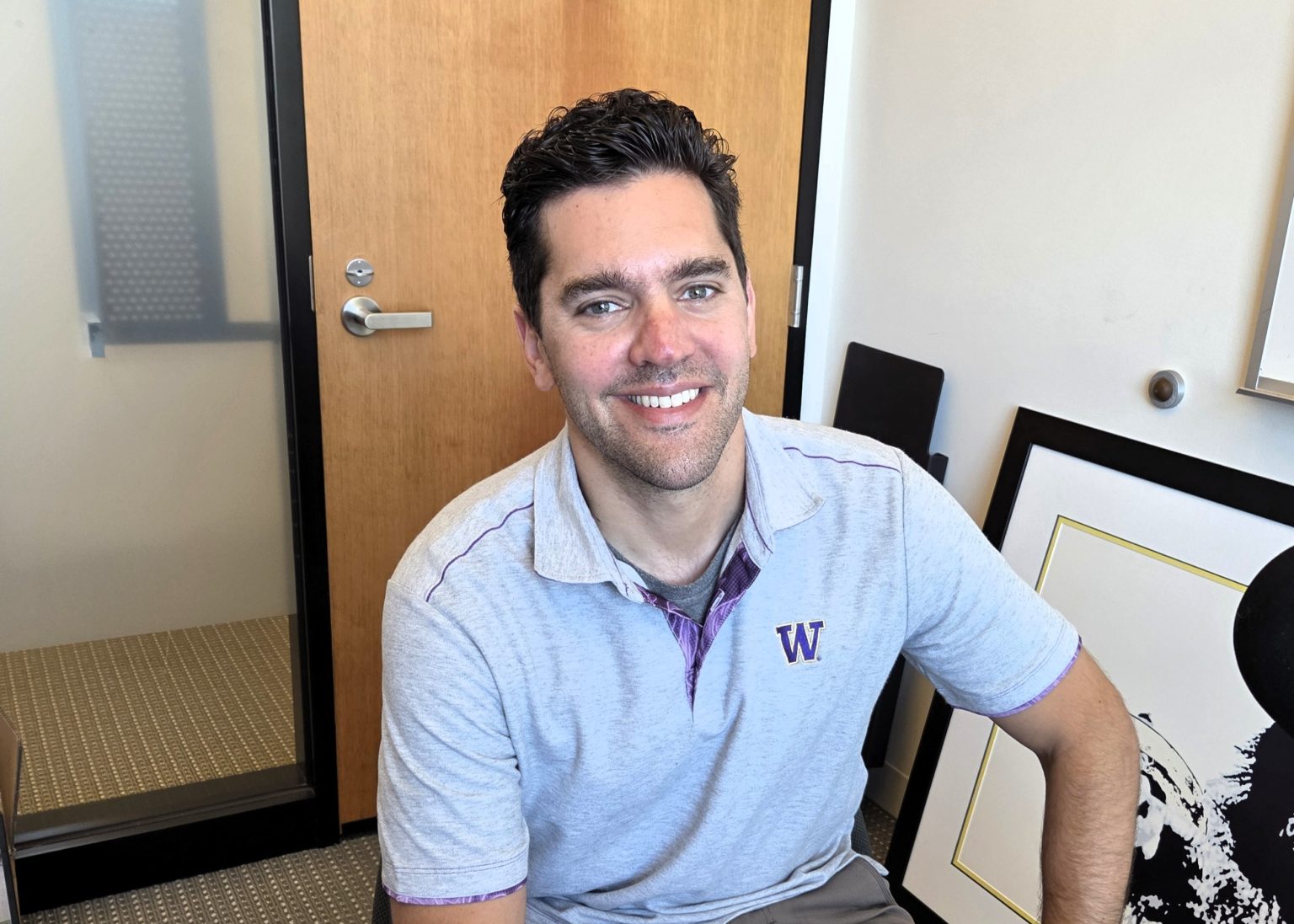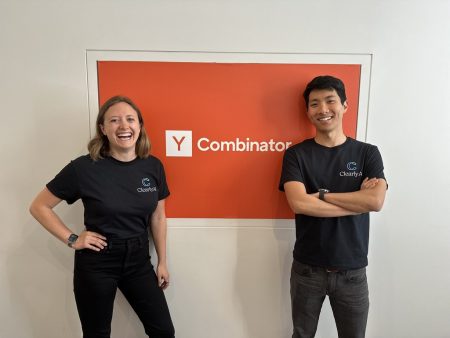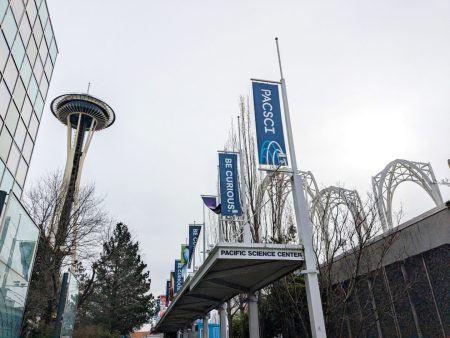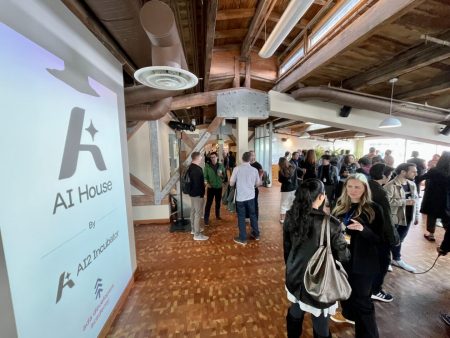Seattle at a Crossroads: Jeff Shulman on Tech, Growth, and Identity
In the dynamic landscape of Seattle’s ever-changing urban and economic environment, few voices have been as consistently thoughtful as Jeff Shulman’s. The University of Washington Foster School of Business marketing professor, known for hosting the Seattle Growth Podcast and directing the Product Management Center, has become an essential civic voice on issues ranging from housing affordability to the campaign for the return of the Seattle SuperSonics. In a recent conversation on the GeekWire Podcast, Shulman shared profound insights on Seattle’s position in the global AI revolution, the city’s startup ecosystem challenges, and the intertwined relationship between civic identity, technology, business, and sports that have historically powered the region.
Seattle’s story has long been defined by successive waves of technological innovation, creating what Shulman describes as “powerful local ecosystems and virtuous cycles.” From Boeing’s aerospace dominance to Microsoft’s software revolution and Amazon’s retail disruption, each era built upon the last, attracting world-class talent and spurring further innovation. The most recent example was the cloud computing boom led by Amazon Web Services, which cemented Seattle’s reputation as a global tech hub. These sequential innovations didn’t just create economic prosperity; they forged a civic identity around innovation and reinvention. Each technological revolution brought new talent, ideas, and capital that benefited the broader community, establishing Seattle as a place where the future was being built. This virtuous cycle created not just wealth but a sense of place and purpose that extended beyond the tech sector itself.
However, Shulman expresses concern that this pattern isn’t repeating with artificial intelligence—potentially the most significant technological revolution of our time. “We still have Amazon and Microsoft, but we have not become the AI capital of the world like we should have,” Shulman observed. “We’re not seeing that virtuous cycle with AI yet, and it’s a missed opportunity.” Recent GeekWire reporting seems to confirm this assessment, highlighting Seattle’s conspicuous absence from major AI startup funding rounds and examining regulatory roadblocks preventing robotaxi development in the region. This represents a departure from historical patterns where Seattle not only participated in technological revolutions but often led them. The question becomes whether Seattle is positioned to leverage its existing strengths in cloud computing, enterprise software, and engineering talent to claim a leadership position in the AI era, or whether it will play a secondary role to Silicon Valley and other emerging tech hubs.
The challenges facing Seattle extend beyond just capturing the AI wave. Shulman points to the city’s puzzling inability to produce superstar startups at the same rate as other major tech hubs, despite having tremendous engineering talent, venture capital presence, and established tech giants. Part of this puzzle may lie in what Shulman describes as Seattle’s unique business culture—one that often values steady growth, profitability, and quality of life over the high-risk, hypergrowth model common in Silicon Valley. The region’s strong enterprise software focus and the dominance of established tech giants may inadvertently create dynamics that make it harder for startups to achieve escape velocity. Engineers with comfortable salaries at Amazon or Microsoft may be less likely to take entrepreneurial risks, and the region’s strength in complex enterprise technologies may not align with venture capital’s recent focus on consumer applications and platforms.
Beyond technology and business, Shulman brings unique perspectives on how AI is transforming marketing, education, and the fundamental nature of professional work. As a marketing professor, he sees AI reshaping not just advertising tactics but the entire relationship between brands and consumers. Data-driven personalization powered by AI is creating unprecedented opportunities for companies to connect with customers, but also raising profound questions about privacy, authenticity, and the human element in marketing. In education, AI tools like ChatGPT are forcing a reevaluation of teaching methods, assessment strategies, and the very purpose of formal education. Rather than seeing these changes as threats, Shulman approaches them as evolutionary challenges that require thoughtful adaptation. His work directing the Product Management Center reflects this forward-thinking approach, preparing students for careers that will increasingly involve collaboration with AI systems rather than competition against them.
Throughout the conversation, Shulman returns to a central theme: the importance of civic identity in navigating periods of dramatic change. Seattle’s history demonstrates how technology, business, sports, arts, and natural environment combine to create a unique sense of place that sustains communities through transitions. The campaign to bring back the Sonics isn’t just about basketball—it represents a desire to maintain connections to shared history and collective experience in an increasingly digital, remote-work world. Similarly, debates about housing affordability, transit, and public spaces reflect deeper questions about who benefits from economic growth and technological change. Shulman’s work, whether through his podcast, documentary projects, or community engagement, consistently emphasizes that technology and economic development should serve human needs rather than the reverse. As Seattle stands at this crossroads, with artificial intelligence promising to transform nearly every aspect of work and life, Shulman’s holistic perspective reminds us that the most important questions aren’t just about technology or economics, but about the kind of community we wish to build and sustain through these changes.














